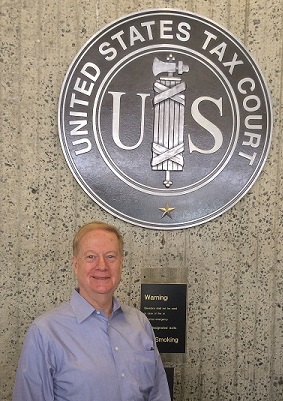 The IRS enacted a new law that required any estates filing Form 706 after July 31, 2015 to report the value of the estate within 30 days after filing the estate form. However, the IRS never issued any implementing regulations for the law. As a result, the IRS has recently announced that the requirements will be postponed until February 29, 2016. Mondaq.com reported this development in an article titled “IRS Postpones New Requirements For Estates To Report Asset Values.”
The IRS enacted a new law that required any estates filing Form 706 after July 31, 2015 to report the value of the estate within 30 days after filing the estate form. However, the IRS never issued any implementing regulations for the law. As a result, the IRS has recently announced that the requirements will be postponed until February 29, 2016. Mondaq.com reported this development in an article titled “IRS Postpones New Requirements For Estates To Report Asset Values.”
This does not mean that estate administrators should do anything different than they were already planning to do. It is still important to get proper valuations of estate assets as they will have to be reported for estate tax purposes.
The IRS will eventually implement regulations for the new rules and estate administrators should be ready to file at that time. On the upside, the postponement may give some administrators a little more breathing room.
 Houston Estate Planning and Elder Law Attorney Blog
Houston Estate Planning and Elder Law Attorney Blog





